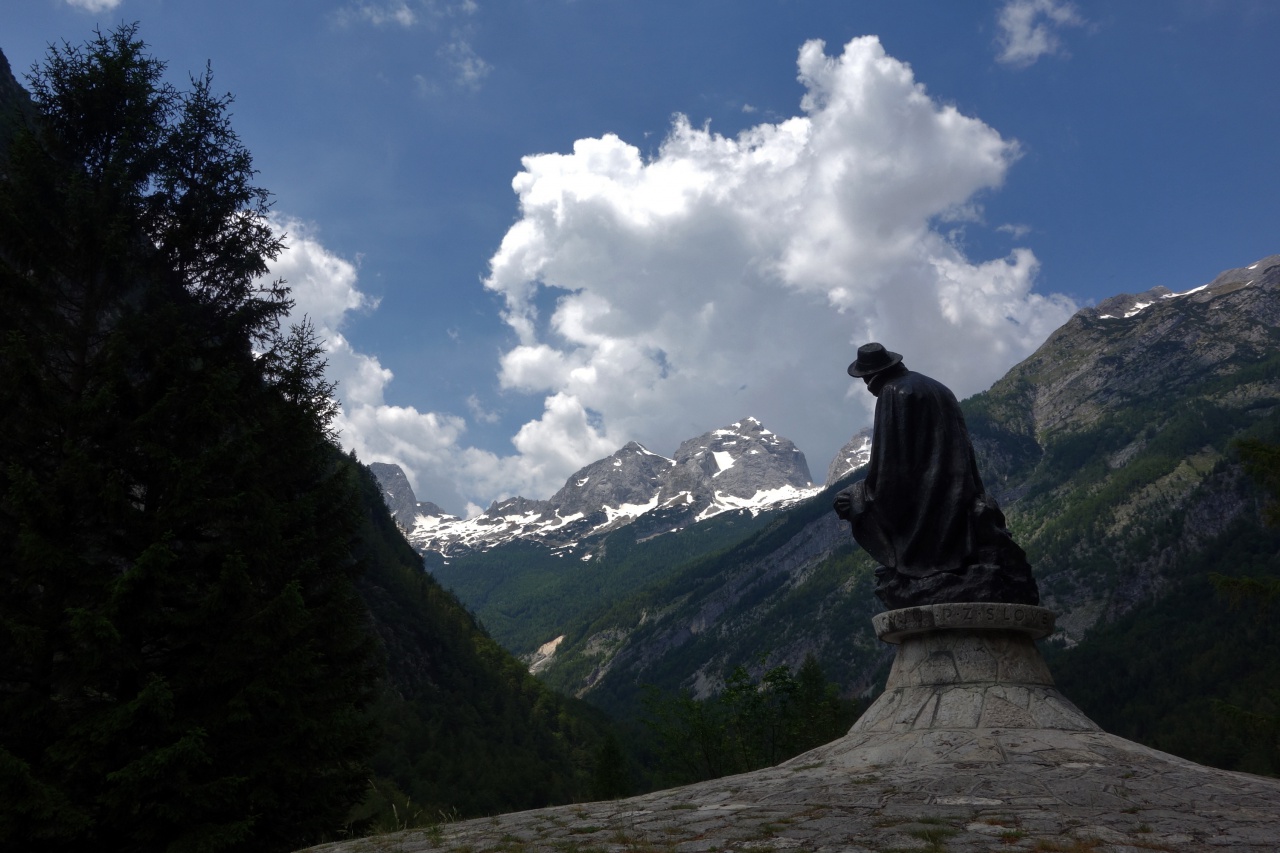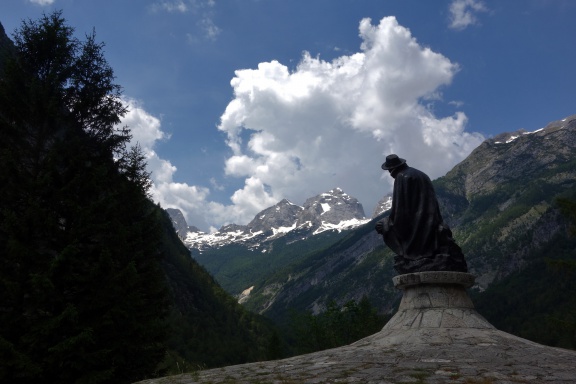Difference between revisions of "Triglav National Park"
Ivan Pirnat (talk | contribs) |
Ivan Pirnat (talk | contribs) |
||
| Line 8: | Line 8: | ||
| street = Ljubljanska cesta 27 | | street = Ljubljanska cesta 27 | ||
| town = Sl-4260 Bled, Slovenia | | town = Sl-4260 Bled, Slovenia | ||
| − | | telephone = 386 (0) 4 578 | + | | telephone = 386 (0) 4 578 0200 |
| fax = 386 (0) 4 578 0201 | | fax = 386 (0) 4 578 0201 | ||
| email = triglavski-narodni-park@tnp.gov.si | | email = triglavski-narodni-park@tnp.gov.si | ||
Revision as of 09:58, 18 March 2010
Triglav National Park manages the Triglav National Park Public Institution, based in Bled, which operates under the Ministry of the Environment and Spatial Planning. The professional and common services of the TNP Authority permanently employ 24 people, while the Professional Ranger Service employs 20 people and another seven people work at the Trenta Lodge TNP Information Centre and Museum.
The principal task of the Triglav National Park Public Institution is the protection and conservation of the pristine nature of the park, but it also carries out specialist and research tasks. TNP has very diverse ecosystem from the lowest point of Tolminka river 180m above sea level with narrow gorges to hills with vast forests and meadows to high mountain rocky landscape with rare protected plants and wild life. From year 2003 Alps and TNP are protected by UNESCO as biosphere reserve as part of Sevilla strategy.
Triglav National Park Public Institution is also responsible for preserving the autochthonous cultural heritage as the basis for sustainable development. The cultural heritage of the park is very diverse and picturesque, because the park lies at the meeting point of various climates as well as various cultures, each of which have left a mark on the cultural heritage of the area. The Alpine cultural heritage connects Slovenes with the family of Alpine nations. In the past 4 major economy branches were prevailing in the region: iron foundries, charcoal-burning, forestry and Alpine dairy-farming that shaped also the customs of people living there. Today agriculture with pastoral economy, crafts (wood and wool products) and tourism are major economical activities in the park, with some 2.400 inhabitants and 1.6 million visitors per year.
The register of immovable cultural heritage with the Ministry of Culture of RS contains 300 units within the area of the Triglav National Park; secular architectural heritage prevails, followed by memorial heritage, settlement heritage, religious architectural heritage and archaeological heritage.
A number of museums are located within the borders of the Triglav National Park, including the Upper Sava Valley Museum, Jesenice, the Kobarid Museum, Oplen House, the Museum of Alpine Dairy Farming, Stara Fužina and the Tolmin Museum. The Park authority directly manages the following museum institutions Pocar Homestead, Mojstrana, Trenta Lodge TNP Information Centre and Museum and Information Centre Triglavska Roža, Bled, latter is also administrative center of the Triglav National Park. New information center is about to open in Stara Fužina near Bohinj Lake.
See also
- Pocar Homestead, Mojstrana
- Trenta Lodge TNP Information Centre and Museum
- Information Centre Triglavska Roža, Bled
- Museum of Alpine Dairy Farming, Stara Fužina




